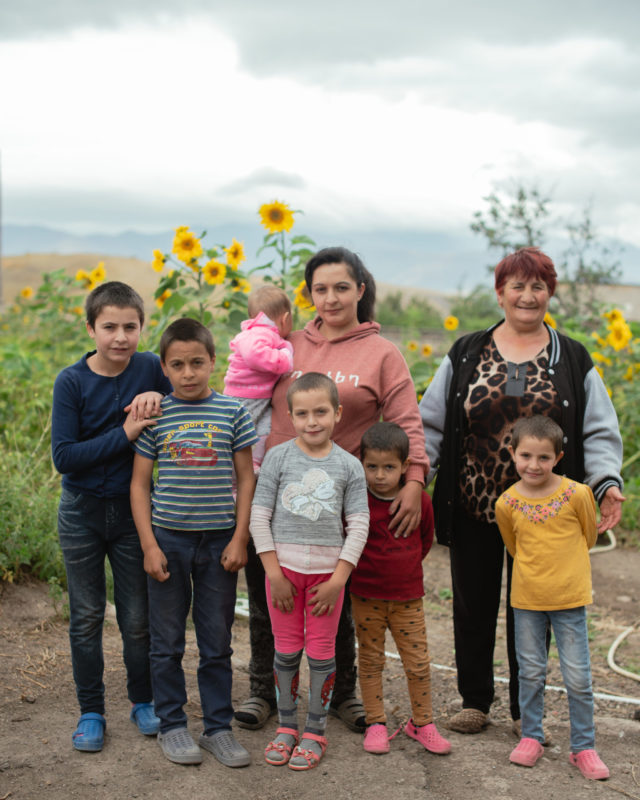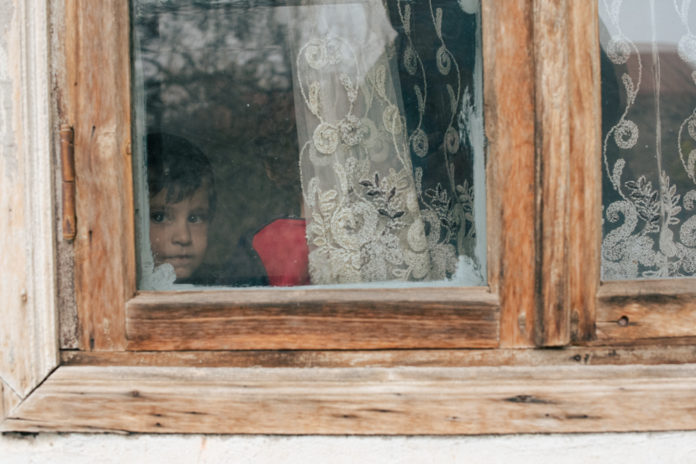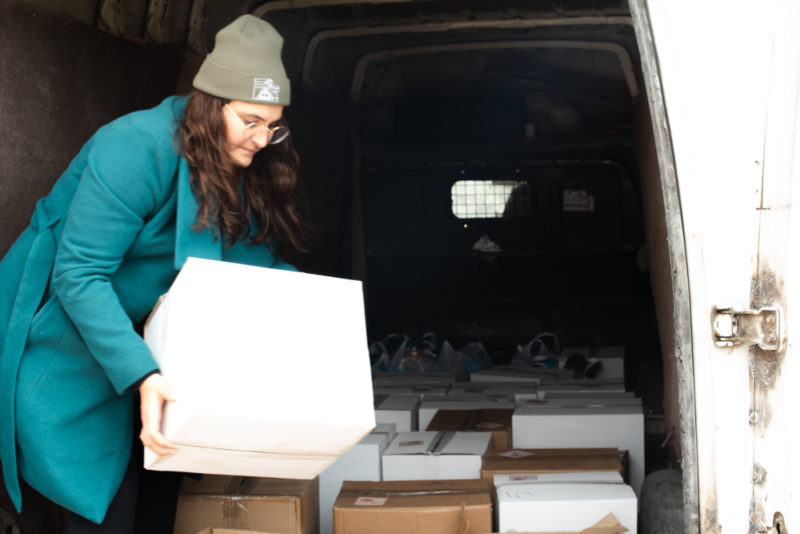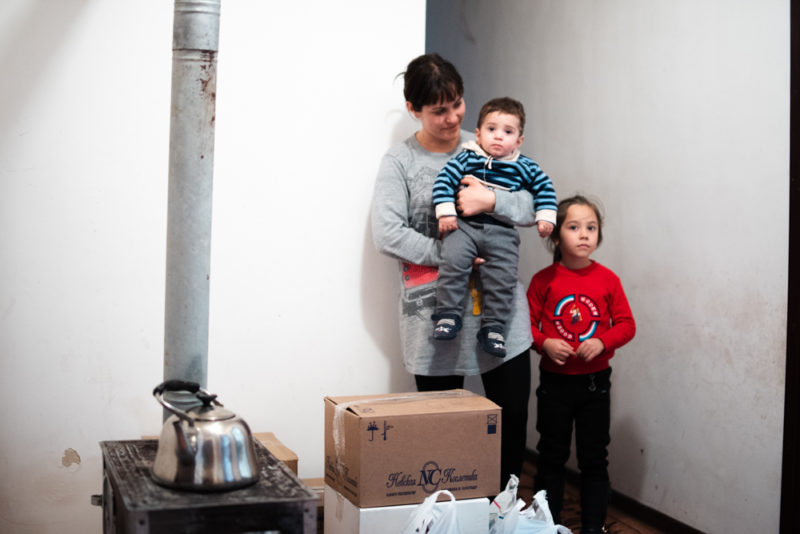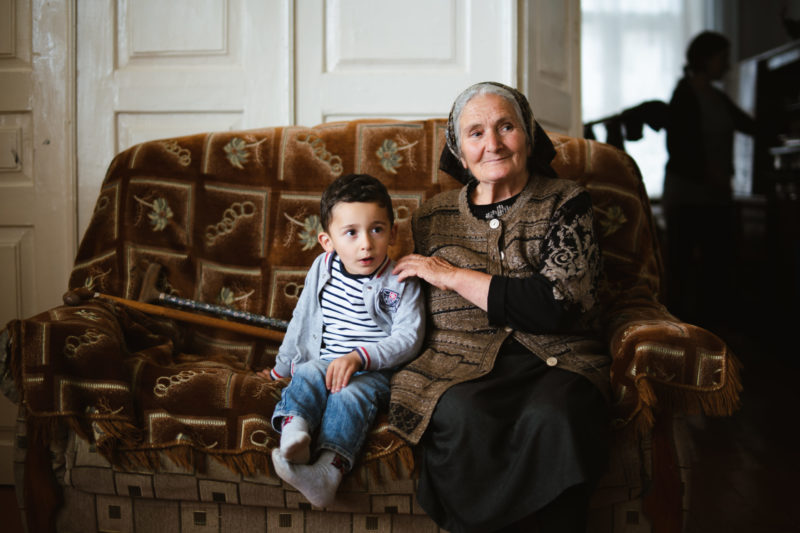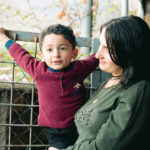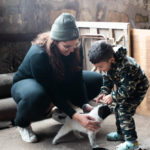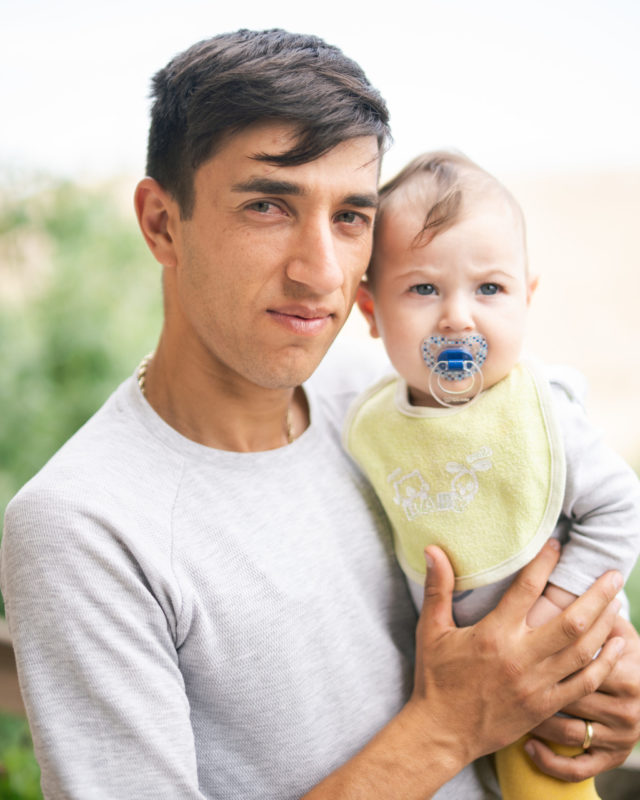YEREVAN – On November 17, fighting that started on the previous day along the eastern border of the Syunik region in Armenia became relatively stable, according to a statement by the Armenian Ministry of Defense (MOD). The Armenian side had 6 soldiers killed, 13 captured and 24 missing, according to the Armenian MOD. The Azerbaijani side had 7 soldiers killed and 10 wounded yesterday, according to the Azerbaijani MOD. One aspect of yesterday’s attacks that goes unnoticed is the situation of displaced Armenians from Artsakh who live in Sisian, Ishkhanasar and Goris.
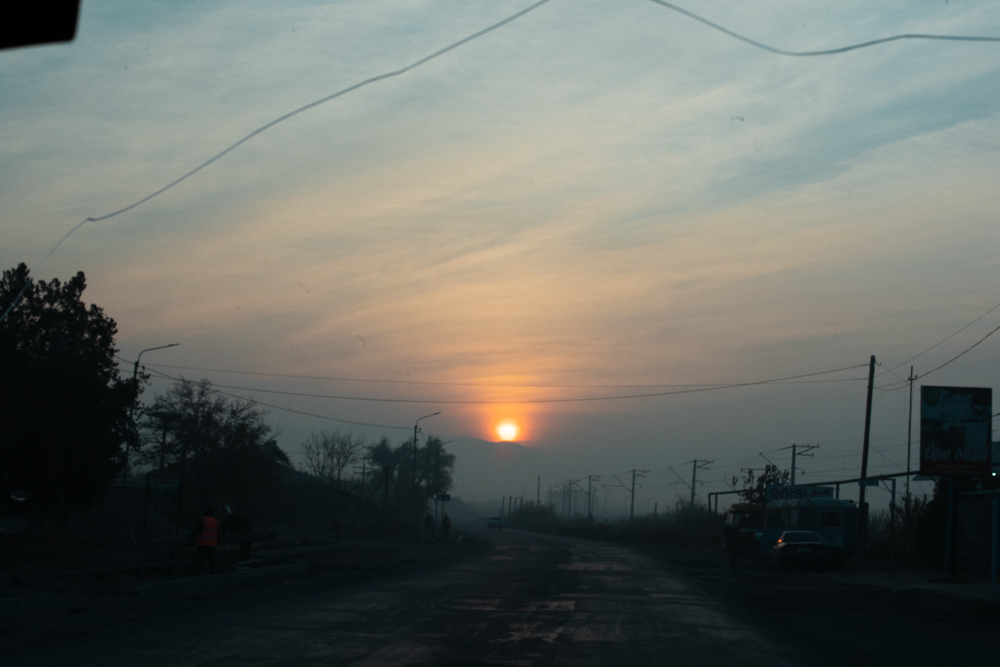
Marguerita Doudaklian, the social worker and community manager for Kooyrigs NGO, led aid deliveries to the Syunik region for their Project Mayreeg initiative. She has been going on deliveries throughout Armenia and Nagorno Karabakh since last November. On November 16, she and her driver Hagop loaded boxes onto a large truck and delivered them to mothers in Syunik.
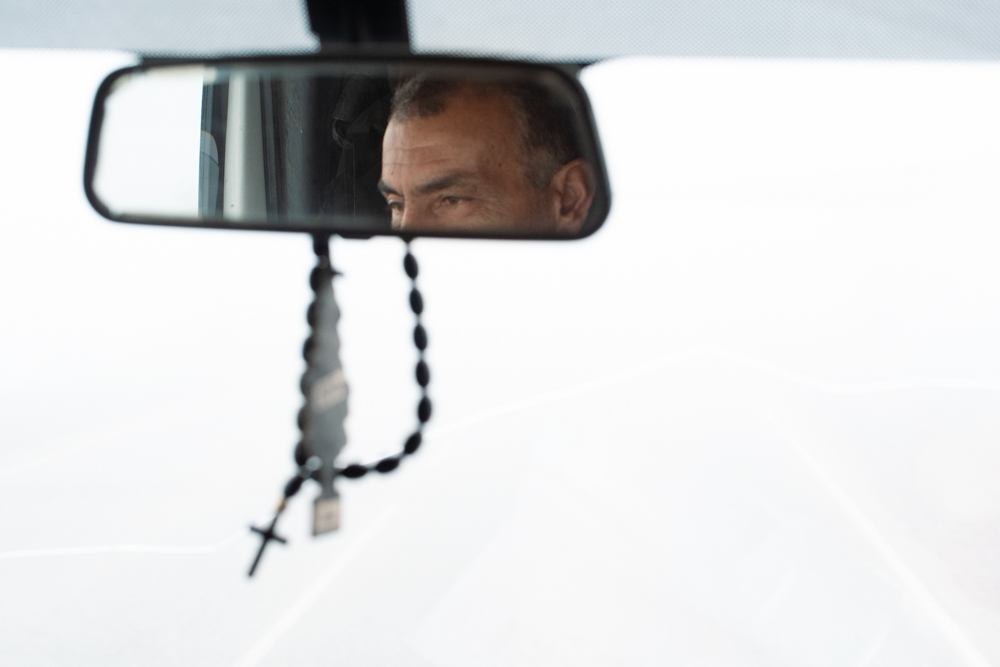
All of the families she delivered items to on November 16 have been displaced from the neighboring Kashatagh region of Nagorno-Karabakh. Now, they face further displacement within sovereign Armenian territory because of Aliyev’s pseudo-historic irredentism directed towards the Syunik, or Zangezur, region of Armenia proper.
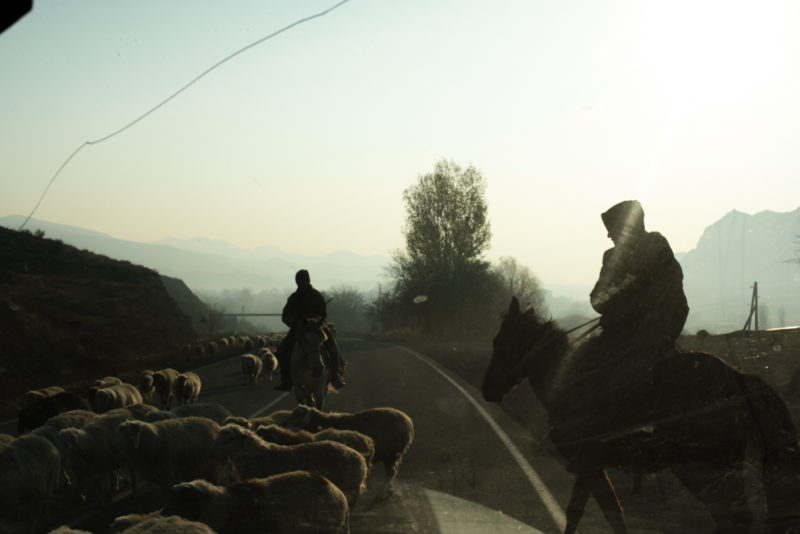
Doudaklian’s first stop was Shaki village in Sisian, near where Azerbaijan launched its offensive. The first house she came to sheltered three families and a total of twelve people. A few months back the house had no windows or doors and had curtains in their place – causing their children to become sick. With winter approaching, they built new doors and windows that would properly insulate the house.
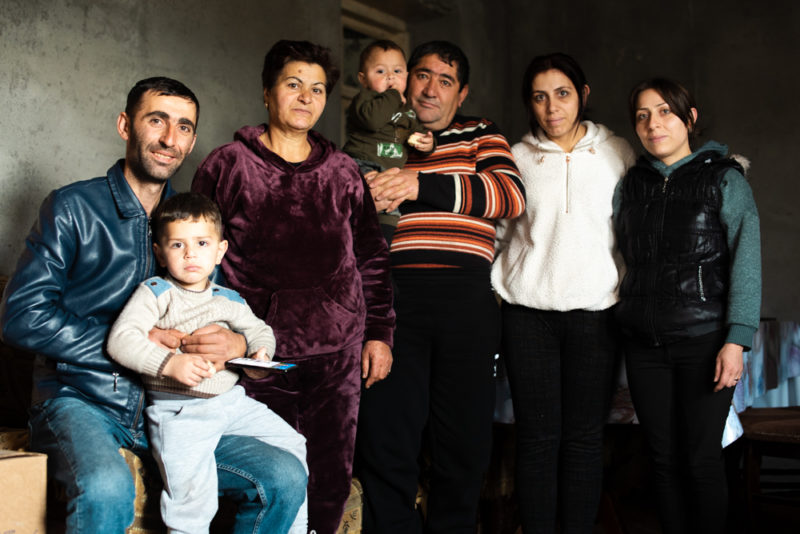
When asked about the situation at the border, they conveyed that they were not sure in what condition the country would be, and mentioned that it’s more dangerous at the nearby village of Ishkhanasar, which was Doudaklian’s next stop.
While driving, Doudaklian started speaking with the driver Hagop, who revealed that his son fought in last year’s war and that he had made a promise to himself if fighting were to break out again: “My son fought in last year’s war, so I promised myself if anything were to happen this year I would go fight with him,” he said.
